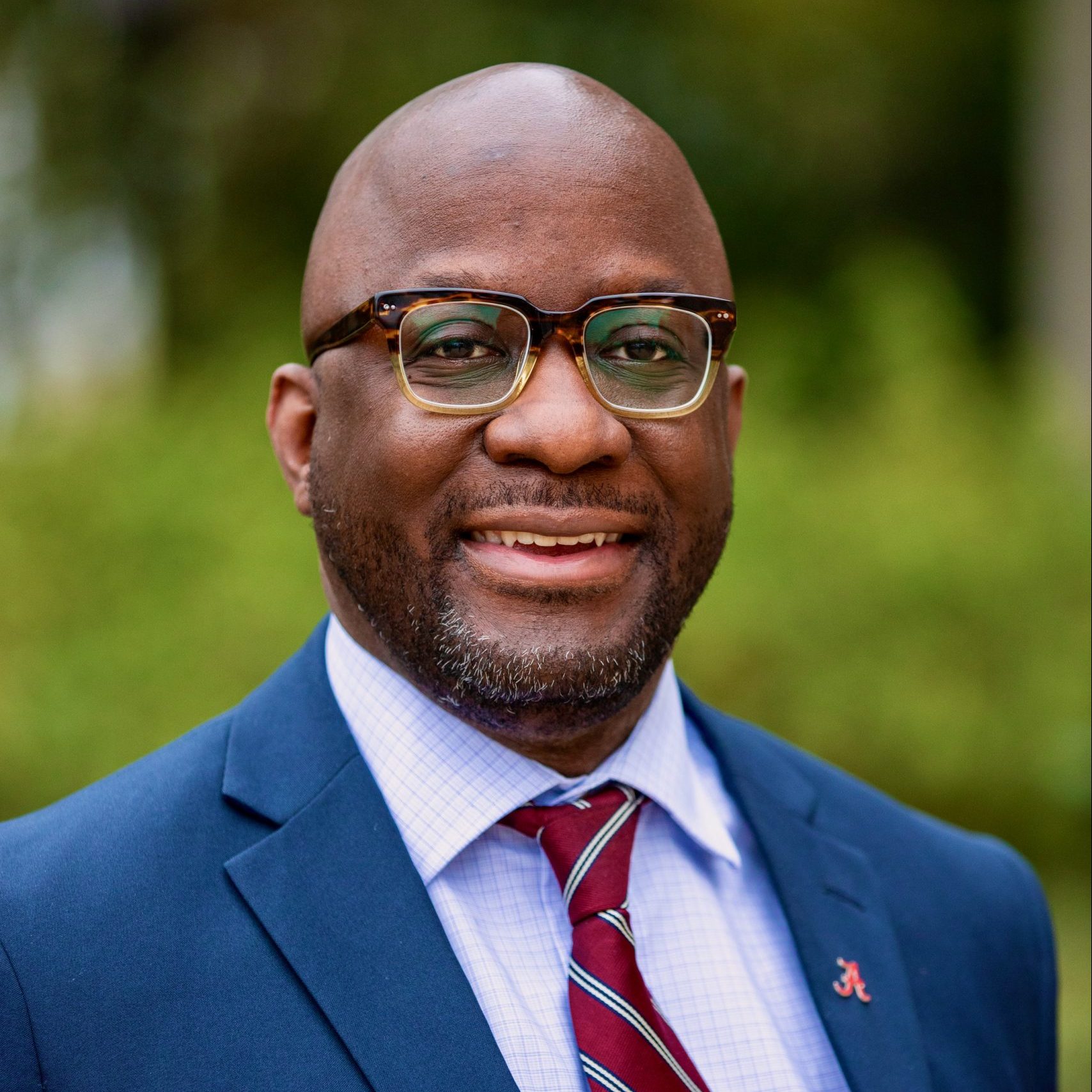You have /5 articles left.
Sign up for a free account or log in.
André Denham and I got connected through our mutual friend, ASU’s Sean Hobson. Given André’s background as a professor of instructional technology and his current role as the University of Alabama’s associate dean for graduate academic affairs, Sean thought that he and I would have much to talk about.
As usual, Sean was correct. I’m always fascinated by colleagues who move into university leadership roles from disciplines related to education and technology. (André’s Ph.D. is in educational technology.) To better understand his career path and future goals, André generously agreed to answer my questions.
Q: How does someone with a Ph.D. in educational technology end up as an associate dean for graduate academic affairs? What was the career path that brought you to this point, and how does your academic training and scholarship relate to your current associate dean role?
A: That’s a great question, Josh. Well, I’ve been at the University of Alabama teaching instructional technology since fall 2012, right after completing my Ph.D. in educational technology at Arizona State University. The instructional technology program at Alabama is in a department that only offers graduate degrees, so aside from a few service courses that we teach for our undergraduate teacher-education program, all we deal with are graduate students.
I got into the administrative side of graduate education when I served as the faculty member responsible for leading the launch of a new master’s of instructional technology program. We enrolled our first cohort in fall 2018, and I served as the program coordinator/adviser. We have seen significant growth in our enrollment, and it is inspiring us to think about an Ed.S. and/or Ed.D. program to go along with our existing Ph.D. program.
I was also very active on college- and universitywide committees during this time. For example, I served as the co-chair of the academic affairs committee of the Faculty Senate, chair of my college’s recruitment and retention committee, and as a co-chair of the general education task force. These leadership opportunities combined with my time spent as a graduate program coordinator laid the groundwork for my transition to an administrative role.
Q: It seems to be uncommon for academics from education- and educational technology–related disciplines to ascend into university leadership roles. Mostly, it seems as if university leaders seem to be drawn from the ranks of more traditional academic disciplines. As someone who was trained in the field of educational technology, what perspectives and experiences do you think that this sort of discipline might bring to academic leadership roles?
A: I think my training and experiences make me a unicorn in terms of the traditional administrative profile. For example, the past two faculty members that held my position were from the College of Arts and Sciences. That trend continues to the rest of the current graduate school leadership team (dean and associate for graduate recruitment) whose academic homes are also in the Arts and Sciences. So being in this position allows me to provide a different perspective when it comes to thinking about all facets of graduate education.
From admissions to student support programs, to thinking about how students navigate their journey to degree completion, I have sought to leverage what we know works to create efficiencies, optimize processes and spark innovation. Additionally, my training and background provide me with a toolbox that is probably more diverse than one would commonly find in an administrator in terms of instructional design, educational technology, curriculum development and assessment.
Q: When you think about how higher education is going to change over the next decade, what do you see as the big trends that we should be paying attention to? How has the pandemic changed your thinking about the medium- to long-term future of higher education?
A: This is another great question and something that I have been given a lot of thought about especially in my role in the Graduate School. I think the pandemic is going to accelerate the growth of enrollment in online graduate degree programs. I anticipate a similar increase in demand for nondegree credentials (certificates, microcertificates, etc.) both in the online and face-to-face modalities.
This would lead to an increase in the number of universities that allow learners to convert nondegree coursework into graduate credit and the “stacking” of certificates that lead to a master’s degree. Finally, I see more universities moving towards interdisciplinary graduate degree programs that are focused on meeting acute workforce needs.




